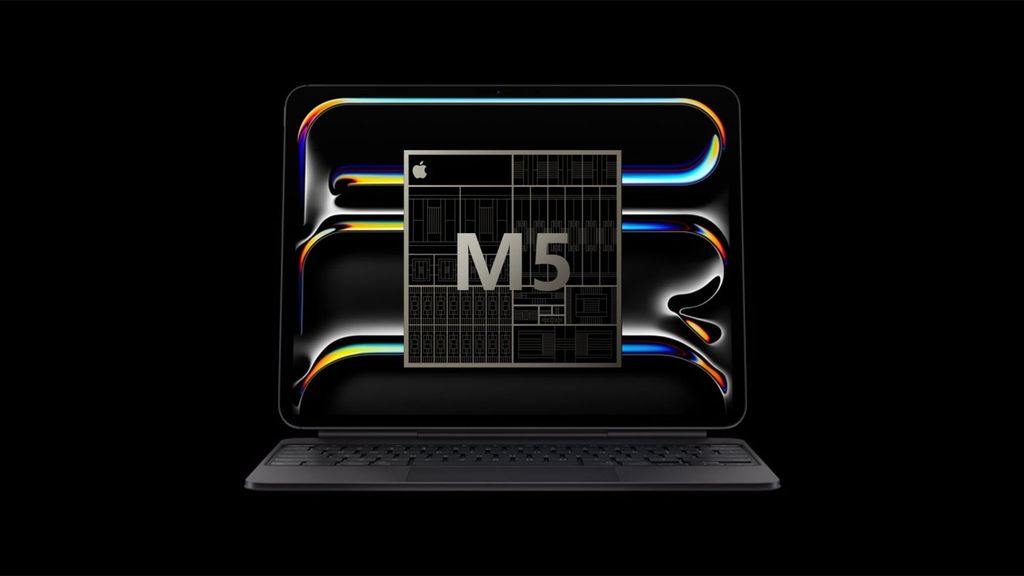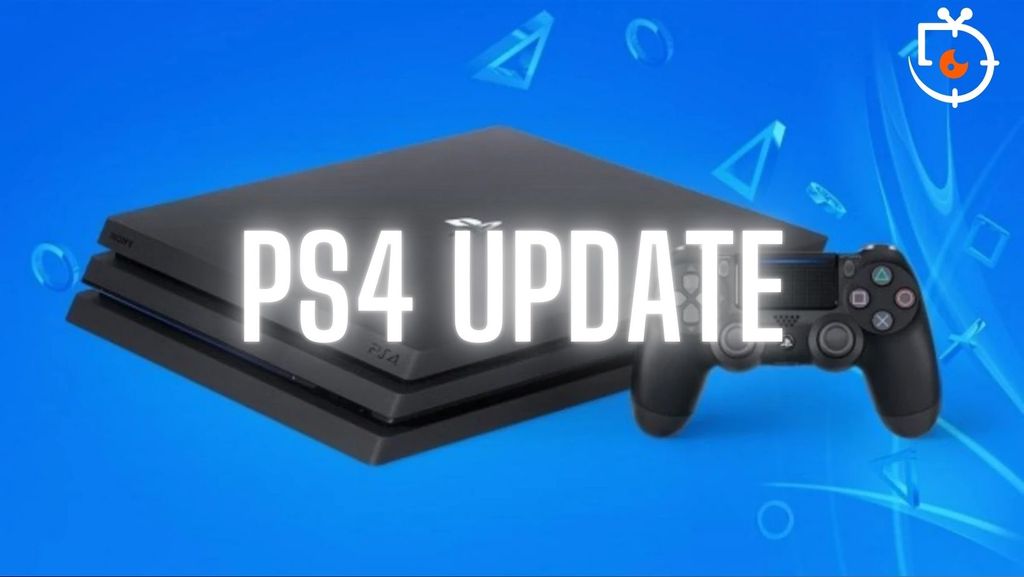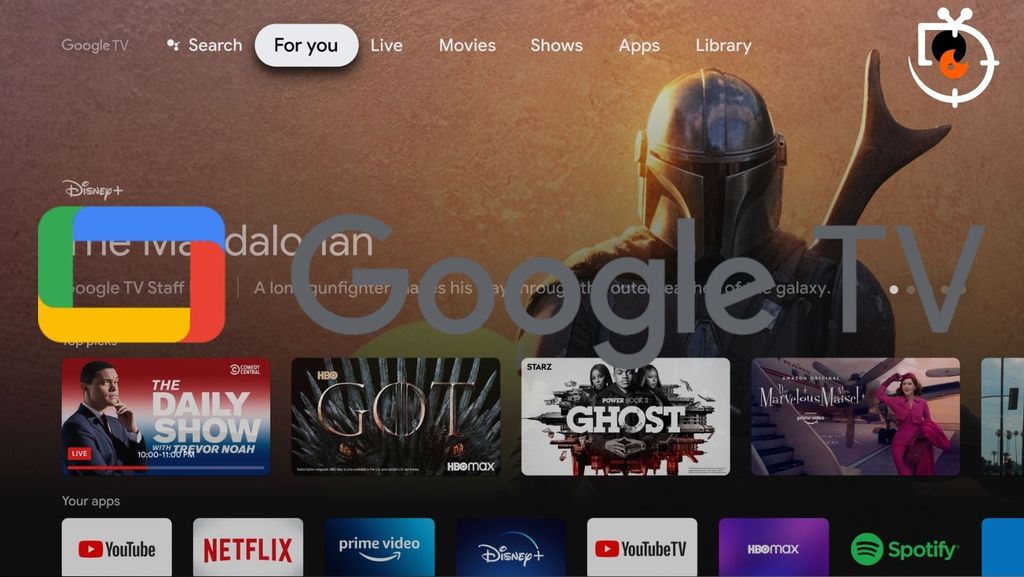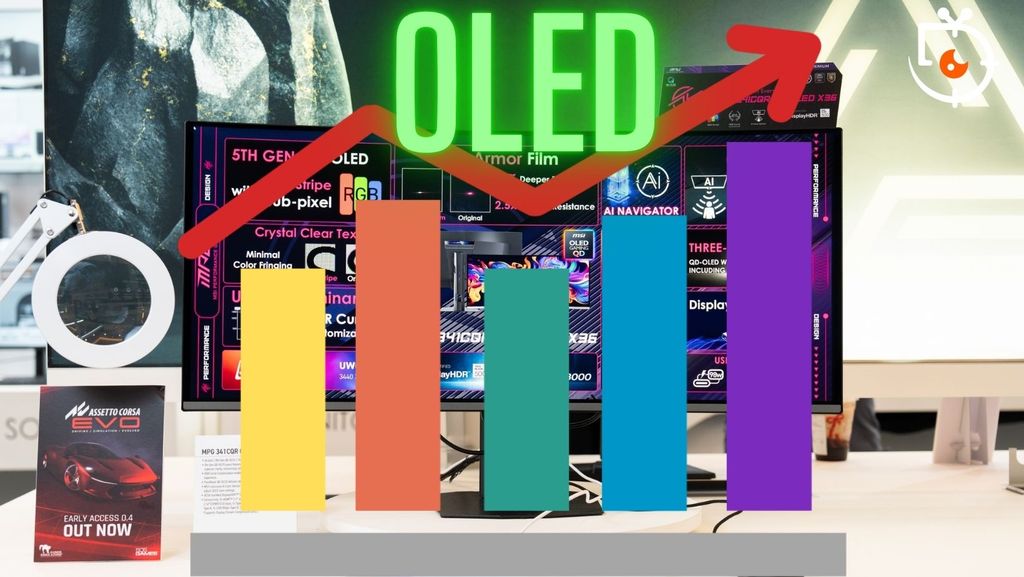
Why the new Apple modem "C1X" is a much bigger deal than just another performance boost?
Apple has done it again. It has released a new iPad Pro M5 practically without fanfare, with minimal changes and the classic processor "bump". However, behind this seemingly dull refresh lies something far more interesting – the new, proprietary C1X cellular modem, which could mark the beginning of the end of Apple's reliance on Qualcomm.
What's new in the iPad Pro M5?
From a technical point of view – not much. As analyst Mark Gurman notes, “it’s just modest improvements” compared to the M4 version. The M5 processor itself is of course faster, but in everyday use, the difference is virtually unnoticeable.
The model with the M4 was already powerful, so if you have the previous generation, you won’t see a bigger difference.
The most important change is therefore not the processor, but the C1X modem, which is Apple’s proprietary solution replacing the previous chips from Qualcomm. Additionally, there’s a new N1 chip with Wi-Fi 7 support and faster support for external displays, but these are details that are likely to interest only a small percentage of users.
Why is this little chip such a big deal?
For the average user – not at all. For Apple – huge.
This "third component" that the company has just discarded is the Qualcomm modem, and the relationship between these two giants has been… to put it mildly, toxic for years. Patent lawsuits, massive licensing fees – it's a long, tension-filled story.
Apple has long hated relying on external suppliers for key components, especially those with whom it is embroiled in legal disputes. For years, it has invested billions of dollars in creating its own modem to become independent from Qualcomm, reduce costs, and better integrate hardware with software. Now we finally see the first result of this work – C1X in the iPad Pro M5. This is not a big change for the user, but a colossal strategic step for Apple and the first stage towards full control over every key component of the device.
Great news… but mainly for Apple
From a business perspective, this is a huge success. From the user's perspective – nothing really changes. As Gurman notes, “this move makes sense for Apple, but it hasn’t yet translated into a noticeably better user experience”. It’s worth adding that most buyers still choose the Wi-Fi version, so the new modem will remain unused by the majority of purchasers. Thus, it is not an argument that will change anyone's buying decision.
The real test will come when the C1X modem reaches the iPhone. This is where it must work perfectly – because every millisecond of connection, every switch between networks, each loss of signal matters. Only then will Qualcomm truly feel the pressure.
For now – it’s just a quiet, but symbolic first shot in the long war for Apple’s full independence.
 Katarzyna Petru
Katarzyna Petru













